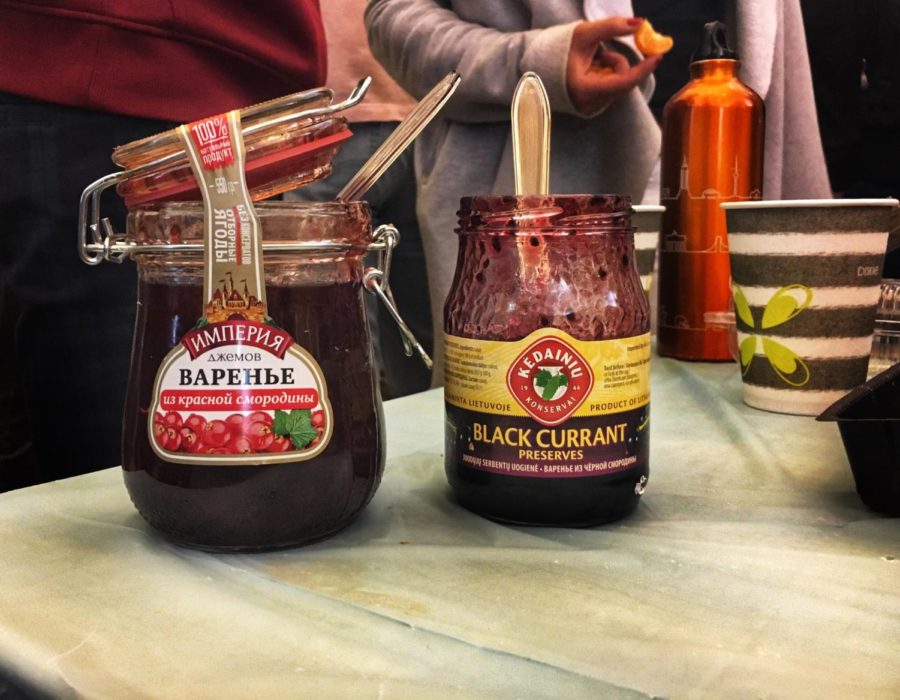As winter comes to an end, March begins with blooming flowers, warmer weather, and rainy afternoons.
For people from Eastern Europe, however, the beginning of March means another thing: the beginning of Maslenitsa.
Maslenitsa is an old Slavic holiday that celebrates the end of winter and the beginning of spring. Maslenitsa is mostly celebrated in parts of Eastern Europe, such as Russia and Ukraine. The celebration typically lasts for a week, and is followed by the Great Lent, a period of fasting before Easter.
This year, one of the events to celebrate Maslenitsa was organized by Stanford’s Russian Student Association (RSA).
“Maslenitsa is an old traditional holiday that has pre-Christian roots,” said Sergey Klevtsov, the RSA president. “During the week, we usually play games, eat traditional foods, and socialize.”
One of the traditional and more popular foods to eat during Maslenitsa are blinis (Russian crêpes). While celebrating, a large number of blinis are consumed, which are intended to represent the sun through their slightly yellow color and round shape.
“Some of the traditions include eating blinis, playing different games, and burning a scarecrow,” Klevtsov said. “We like to gather people here at Stanford and just socialize and have a good time together.”
Since some of the older Maslenitsa traditions could be more difficult to follow, many people celebrate by simply eating the traditional foods and spending time with friends and family.
“I think it’s great that they [the RSA] are hosting these events. It’s nice to meet new Russian-speaking people,” said Lera Nikolaenko, a Stanford alumni. “I think this is a great opportunity to meet up with old friends and keep up the tradition.”
The celebration of Maslenitsa is not the only event hosted by the RSA. While it is the most attended event of the year, the RSA also hosts barbecues and trivia nights for the Russian community.
“We have smaller events throughout the year, typically once per quarter,” said Olga Fuks, one of the organizers. “One of the events we host is a movie night.”
The Maslenitsa celebration of spring allows people to come together to bond over old traditions and form new ones.
“It’s something people celebrate back home, and we’re just trying to preserve our national and cultural identity here,” Klevtsov said.


